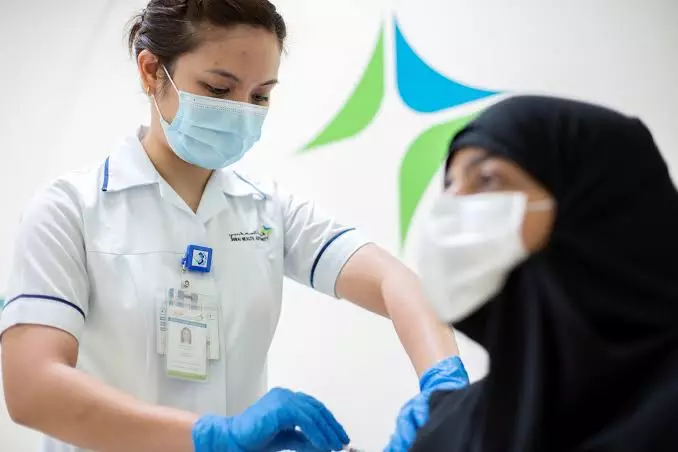
UAE launches nationwide HPV vaccination drive, sets early cervical cancer screening at age 25
text_fieldsThe Ministry of Health and Prevention (MoHAP) has unveiled a comprehensive national strategy targeting the elimination of cervical cancer and other illnesses caused by the human papillomavirus (HPV).
Central to the new initiative is an ambitious target: vaccinating 90 per cent of girls against HPV before they turn 15, by the year 2030. This move places the UAE among global frontrunners in the fight to eliminate cervical cancer, a disease which remains a leading cause of cancer-related deaths among women worldwide.
In addition to widespread vaccination, the strategy emphasizes the importance of early detection. Women aged 25 to 65 are now strongly encouraged to undergo routine cervical cancer screenings every three to five years, starting at age 25. This proactive measure is expected to dramatically improve survival rates and reduce long-term health complications by detecting cases at their most treatable stages.
The new strategy is part of MoHAP’s broader efforts to strengthen preventive care and promote community wellbeing. Rooted in a framework of education, immunisation and early intervention, the plan supports the “Year of Community” initiative, which champions a shared responsibility for public health among individuals, institutions and society.
“The success of this initiative relies on building a culture where early screening and vaccination are the norm,” a MoHAP spokesperson said. “This aligns with the UAE’s vision of ensuring a high quality of life for all citizens and residents through a world-class healthcare system”.
According to the National Cancer Registry, cervical cancer is currently the fifth most common cancer among women in the UAE. However, thanks to proactive health measures, the country’s incidence rates remain below the global average.
As the country moves forward with this bold strategy, MoHAP calls on the community to engage in regular screenings, support educational efforts, and ensure that young girls receive the HPV vaccine—paving the way for a future free of cervical cancer.












